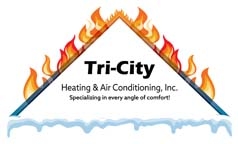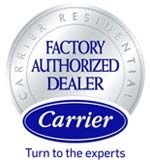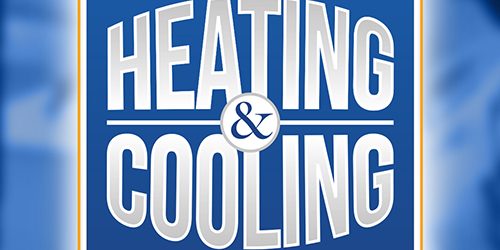Having an energy efficient HVAC system is beneficial for several reasons: it would save you money on your power bill, is environmentally friendly, will last longer, and will make your house more pleasant.
But how can you know if the HVAC unit you have today, or the one you want to buy, is genuinely energy efficient?
We listed several techniques to detect if your HVAC unit is energy efficient in this blog.
Examine the AFUE Rating
The ratio of the furnace’s yearly heat production to the total annual fossil fuel energy burnt is known as the AFUE (Annual Fuel Utilization Efficiency) rating, which is used to determine the efficiency of furnaces.
An AFUE of 90 percent, for example, suggests that 90% of the fuel you use is used to heat your home, while the other 10% is wasted during the heating process. The minimum efficiency requirement for new furnaces is 78 percent. An AFUE rating of 90% or more is regarded as very energy efficient and will save you money in the long run.
Look at the SEER rating
The SEER (Seasonal Energy Efficiency Ratio) rating is used to assess your air conditioner’s energy efficiency. It’s the ratio of your air conditioner’s cooling output divided by the amount of energy it consumes in Watt-Hours throughout a normal cooling season.
The SEER rating of modern air conditioners is usually between 13 and 22. (the minimum standard rating in the Southern US is 14). Your SEER rating might be as low as 8 or 9 if you have an older air conditioner.
Other factors
The Dimensions of a Heating and Air Conditioning System
When it comes to HVAC efficiency, size is crucial. If the system is too small for the home’s load, the heater or air conditioner will waste a lot of time trying to reach the thermostat’s threshold, which it will never achieve.
Poor sizing loses energy in either case. Our HVAC contractors and pool of experts can determine if your system meets your home’s load requirements.
The Age of Your HVAC System
If your system is much more than 20 years old, it is most likely inefficient.
Depending on a few parameters, your heating and cooling system should last 15 to 20 years. High energy expenditures and frequent HVAC maintenance might be the result of an inefficient HVAC system.
Air Quality in the Home
Poor indoor air quality will force your HVAC system to work harder, reducing its efficiency.
Testing your home’s indoor air quality will keep your family healthy and your HVAC system running efficiently. Cleaning your interior air handling systems and outdoor compressors, for example, can assist.
Keep an eye out for signs of inefficiency
Another technique to determine whether or not your present HVAC unit is energy efficient is to use your own judgment. Your HVAC system will be less energy efficient as it gets older.
Also, if you have high energy bills, need to have your system fixed regularly, notice increased humidity in your house, or have hot or cold patches, your HVAC unit is probably not as energy efficient as it should be.
Pro tip: Check for maintenance on a regular basis. You can’t always double-check every aspect of the system. That’s why HVAC companies Loveland Co like Tri-City Heating and Air Conditioning, Inc. can help. We inspect the drain for water and mildew, clean the filters and furnace, inspect the pipes, and check the refrigerant levels in your central air conditioner.
Wrap-up
Maintaining your HVAC system on a regular basis will help it work as effectively as possible. If you have an outdated HVAC system and are weary of your monthly energy costs skyrocketing, it might be time to upgrade to a more energy efficient system.
HVAC companies Loveland Co like Tri-City Heating and Air Conditioning, Inc can provide you with a free quote right now. Every day, they are dedicated to improving the quality of the air you and your family breathe.














